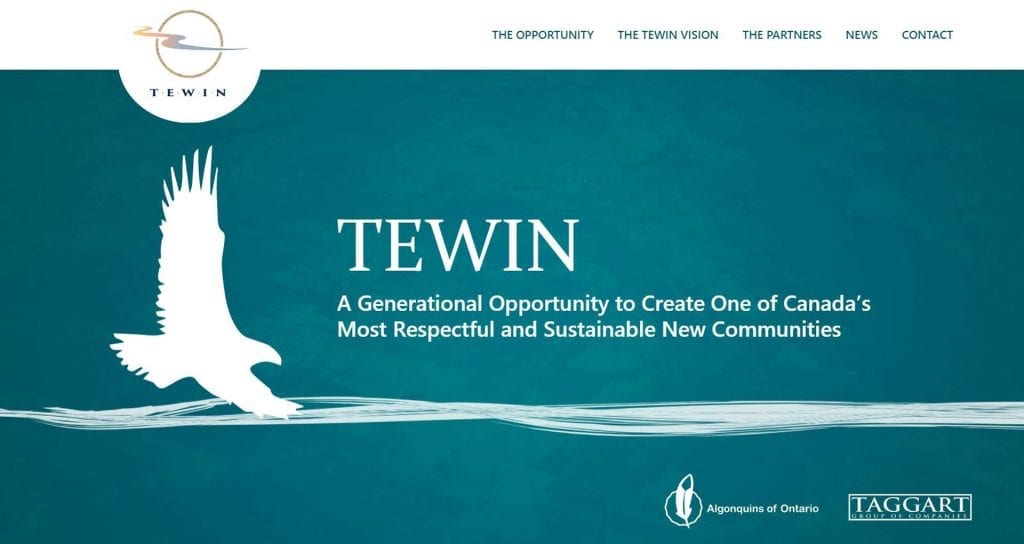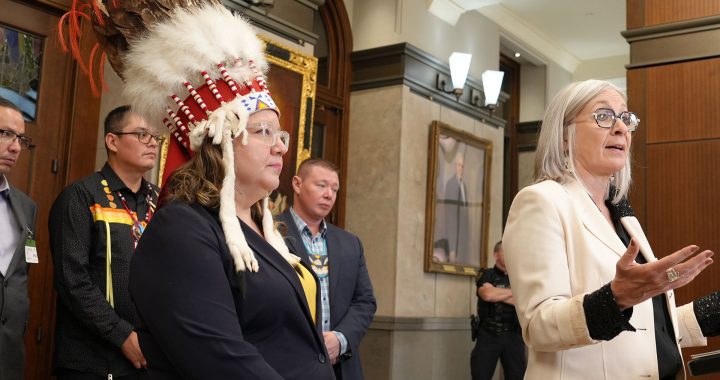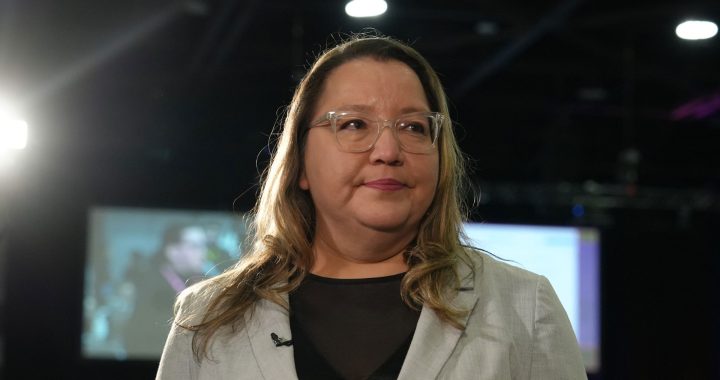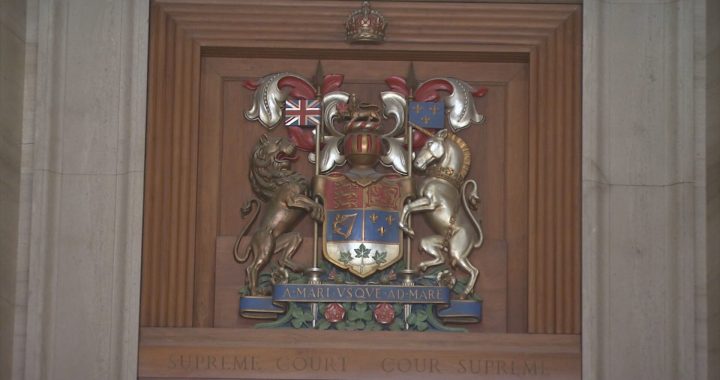
City council in Ottawa approved a massive housing development Wednesday.
It’s called Tewin – a new suburb that may one day house 45,000 people.
But it’s not without controversy, even if it is fair distance from Parliament Hill.
That’s because one of the groups involved in the development is the Algonquins of Ontario (AOO), which represents 10 “Algonquin communities” according to its website.
However, only one of them is an actual First Nation, Pikwakanagan, and questions continue to swirl around the Indigeneity of others involved.
Veldon Coburn is from Pikwakanagan, as well as a professor at the University of Ottawa.
He explained that some people who are members of AOO trace their identity to ancestors from several centuries ago.
And, while the current deal with the city isn’t over rights and title, the group is currently working on its own massive land claim with the federal and Ontario governments.
“It’s not just a case of somebody putting on some feathers and pretending to cosplay Indigenous identity in some sort of caricature, rather it’s people putting themselves on a list and being legally recognized as Algonquin,” said Coburn on Nation to Nation, adding the land claim will significantly modifying territorial rights and title, of which these members will eventually vote on.
City council in part used reconciliation as a reason to approve the remote development with AOO.
This didn’t sit well with Algonquin leaders in the Quebec as reported earlier this week on APTN News.
Meanwhile, a different battle is brewing in cyberspace as Canada looks to control digital streaming with Bill C-10.
N2N spoke to the Monika Ille, the CEO of APTN, to find out what’s happening and it’s not without issues.
“There’s a big hole and that’s oversight,” said Ille, adding the CRTC wouldn’t have authority to approve and oversee online distribution.
And, finally, Canada has a new parliamentary poet laurate.
Louise Bernice Halfe spoke about what it was like being picked and how she draws inspiration from her time in residential schools
“It’s an emotional thing for me because sometimes I have will have bitter memories about it, primarily because I feel like I’ve so much of what I was supposed to learn as a child,” said Halfe.
Watch the full interviews below.












